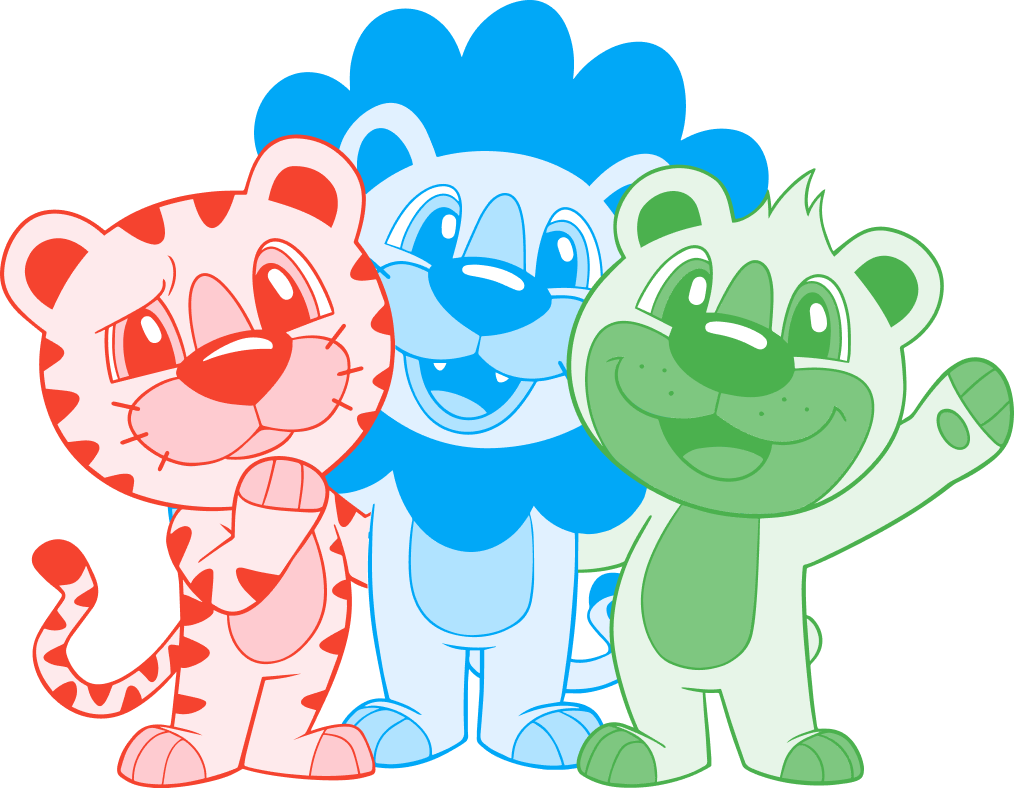The topic of Adult Baby/Diaper Lover (ABDL) and related interests, such as infantilism, is often met with confusion, misunderstanding, or outright stigma. Much like other alternative lifestyles or preferences, the reaction to these practices stems largely from societal norms and a lack of understanding. This blog aims to explore what healthy exposure could look like for ABDL and infantilism, with the ultimate goal of fostering a society where people can share this part of themselves without fear, judgment, or undue embarrassment.
Understanding the ABDL and Infantilism Community
ABDL and infantilism encompass a spectrum of interests and practices that can range from enjoying the comfort of diapers to engaging in roleplay that evokes childhood or infancy. It’s important to note that these interests are not inherently harmful, nor do they correlate with inappropriate behaviors or desires. For most people in these communities, such practices serve as a way to cope with stress, reconnect with a sense of innocence, or simply enjoy something that brings them comfort and joy.
Why Exposure Matters
The stigma surrounding ABDL and infantilism often leads to secrecy, shame, and fear of judgment. These negative emotions can take a toll on individuals, particularly when they are unable to express themselves openly with significant others or close friends. Healthy exposure—grounded in education and normalization—is key to shifting societal perceptions.
Just as conversations around kinks and other non-normative preferences have evolved over time, so too can the dialogue around ABDL and infantilism. The goal isn’t to make everyone a participant, but rather to foster an environment where understanding and empathy replace ignorance and fear.
What Healthy Exposure Looks Like
-
Representation in Media
-
Positive, nuanced portrayals of ABDL and infantilism in media can go a long way in normalizing them. Just as depictions of LGBTQ+ relationships or BDSM practices in shows and films have demystified those lifestyles, thoughtful portrayals can help dispel misconceptions.
-
-
Open Dialogue
-
Encouraging conversations about ABDL and infantilism in safe spaces—whether online or in person—allows individuals to share their experiences and educate others. This could include interviews, podcasts, or blogs where practitioners discuss their journey without sensationalism.
-
-
Parallels to Accepted Preferences
-
Framing ABDL and infantilism as analogous to other personal preferences—such as enjoying a specific kink or indulging in a niche hobby—can help people relate. For instance, many people can understand the harmlessness of being spanked in the bedroom or enjoying roleplay. Presenting these interests in this context underscores that they’re just another facet of individuality.
-
-
Educational Resources
-
Resources that explain ABDL and infantilism in a straightforward and non-judgmental way can help people unfamiliar with these communities. This includes addressing common myths (e.g., “Is it about kids?”) and emphasizing the importance of consent and boundaries.
-
The End Goal: Comfort Without Fear
The ultimate vision for ABDL and infantilism exposure is a society where individuals can share this part of themselves with their significant others without fear. While slight embarrassment may always accompany such disclosures, it should feel no different than revealing any other intimate preference or quirk. Much like someone expressing a love for spanking, cosplay, or other harmless interests, ABDL and infantilism should be understood as personal choices that don’t harm anyone and bring joy to the practitioner.
Achieving this goal requires consistent effort: creating educational content, fostering open conversations, and advocating for representation. Over time, this can help shift the narrative so that ABDL and infantilism are seen not as “weird” or “wrong,” but as unique expressions of individuality.
Final Thoughts
Normalization doesn’t happen overnight, but every step towards education and understanding helps. By envisioning a future where an ABDL or infantilism enthusiast can share their interests without fear—just as someone might casually mention a love for quirky hobbies—we take a step closer to a more empathetic and inclusive society.
To those in the ABDL and infantilism communities: your voice matters. To those outside it: your understanding makes all the difference.
